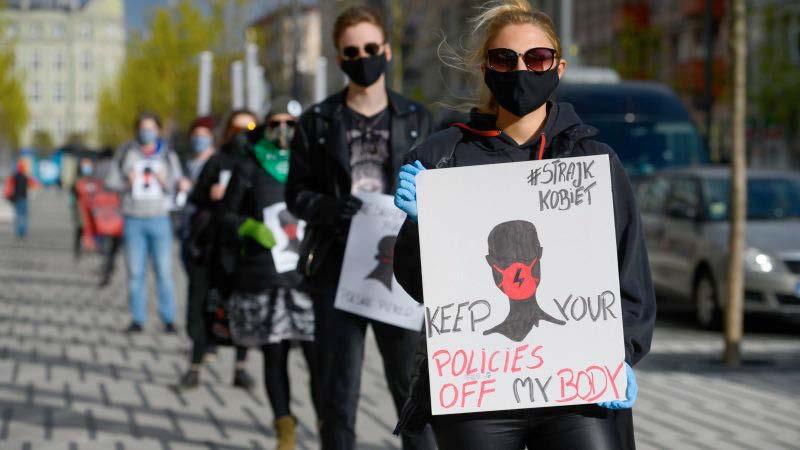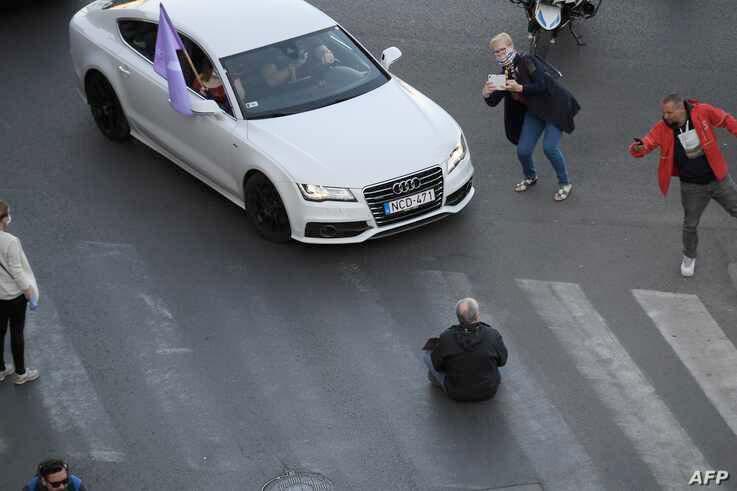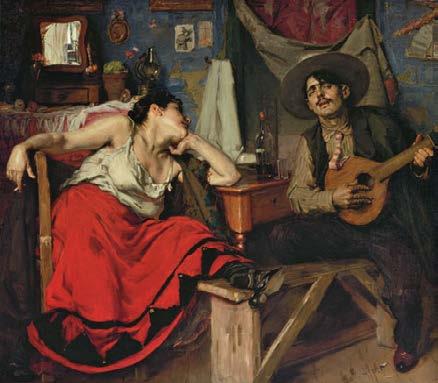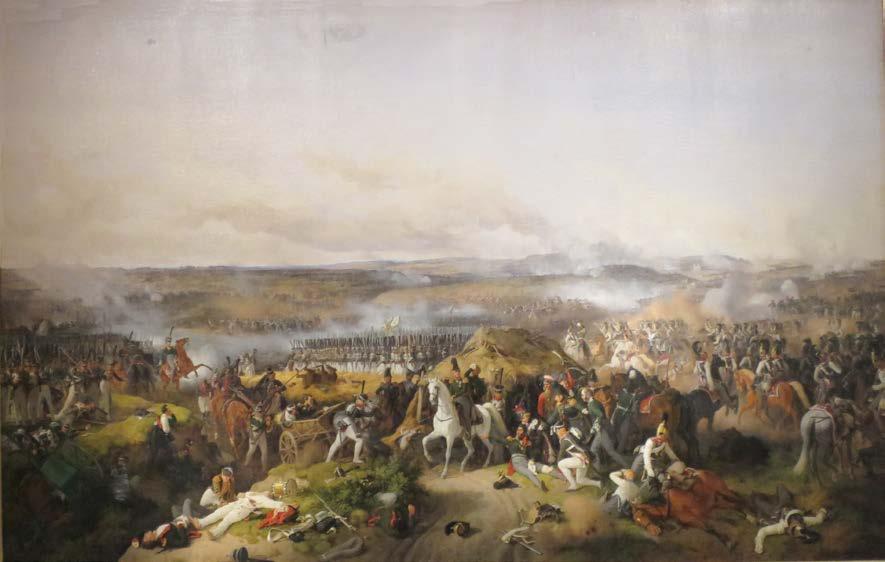
4 minute read
I have a voice
Can we still fight for our rights?
by Felicia Vigliotti
Advertisement
Article 10 of the European Convention on Human Rights.
The health crisis that is gripping Europe has managed to show all its weaknesses. At the heart of the European Union, where the democratic deficit is increasingly evident, a tragedy of values is developing. How much freedom of speech are governments willing to sacrifice to impose their will?
In this epochal time, the priorities are quite different. That is why some governments have arrogated to themselves the right to act unconditionally at the expense of human rights and personal freedom. When people are unable to leave their homes to protest, the right to be able to express themselves and to express their dissent becomes more than mitigated. Masking subversive and undemocratic measures with the urgency of action against the pandemic puts citizens in an uncomfortable and unchangeable position.
When citizens are no longer able to exercise their fundamental rights, it is legitimate to expect them to react, whatever the external conditions. In Poland, where the government has decided in the last few weeks to amend an already strict abortion law, people are coping with something even worse than a pandemic. The violation of their fundamental rights and freedom of objection. In Hungary, where the Coronavirus took a back seat when in March the Prime Minister Viktor Orban obtained the green light from Parliament for unlimited powers, the rule of law sounds a long way off.
The pandemic has brought with it questions that must be answered soon. Problems that deal with the resilience of European democracies struggling and depriving their citizens of their most fundamental right: to express their opinions. Nevertheless, the rebellions against the sick system come first and foremost from those who suffer the consequences of the system. Those who, with an ongoing pandemic, do not give up showing their dissent. Ordinary people. “
Zaneta Gotowalska, polish journalist.
What happened in Poland is an example of how people cannot be deprived of the opportunity to express themselves and assert their opinion. Poland is one of the countries with the most restrictive abortion laws in Europe and trying to tighten it during a health crisis has brought more people to the streets than we could have imagined. The abortion, allowed only in cases of rape, incest and risk regarding the health of the fetus or mother, remains a hot topic in this ultra-catholic country with elections coming up.
Everyone has acted. When thousands of Polish men and women saw their freedom narrowed most bizarrely ever, they wanted to do something. Some of them went out into the streets and, with due care, made their voices heard. A voice that resonated powerfully online where, thanks to several hashtags, the news went around the world. Many people protested near the Parliament, driving their cars or bicycles with posters and banners, blocking the centre of Warsaw.
Politics had no choice. The Warsaw Parliament rejected the proposal of the Nationalist Conservatives of Law and Justice (PiS) - with 365 votes against and 65 in favour - eliminating the possibility of tightening the law further.
What does this experience teach us? Never assume our rights for granted and always express our disagreement. Change always comes from society and cannot be stopped. When someone is willing to put his life at risk in supporting what he believes in, it shows that even if the holders of our rights exercise their powers unlimitedly, there is still a chance to change or to act, in the street or at home.
After Hungarian Prime Minister Viktor Orban assumed most of the powers usually held by Parliament, many Hungarian citizens had no choice but to react. The Hungarian one-man show reminds us how much progress has been accomplished over the last hundred years in terms of human rights and the rule of law and, at the same time, how an undemocratic political class can easily undermine all these efforts.

Protests in Poland
Source: Euractive
A group of organizations, members of the European Parliament and journalists took the initiative and decided to express their dissent through one of the possible forms of expression: writing. A letter addressed to the heart of the European Union, to the institutions created to safeguard the rights of European citizens and to protect those rights from raging vandalism.
Indeed, Orban has the power to exercise uncontrolled authority. From the planning and cancellation of elections to total control of the media. Therefore, at a historical moment like this, the only viable solution seemed to be a letter with extreme content.
A letter signed by over 80 MEPs and civil society groups

People manifesting in Hungary
Source: Voanews
Representing citizens, governments and the European institutions, we must side with the people who see their rights abused in the name of an overwhelming thirst for power. Having a voice of opinion and dissent is the natural expression of a democratic regime which, despite the attempted attacks, must be protected at all costs. Democratic values cannot and must not be questioned. The Polish and Hungarian people have made this clear to us.










